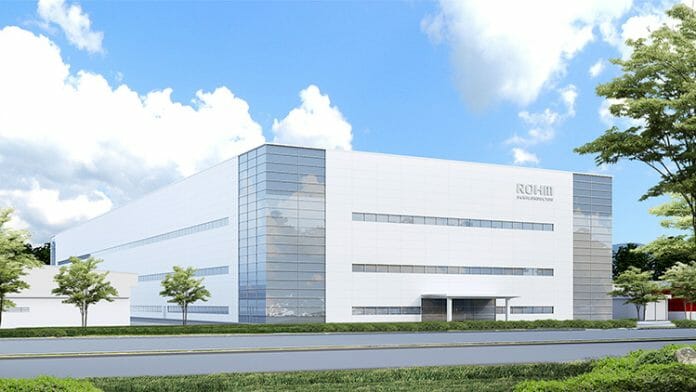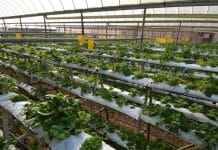Japanese semiconductor giant ROHM-Wako Electronics (Malaysia) Sdn Bhd (RWEM) is expanding its electronic components facility in Kelantan with a total investment of RM910 million. The company made the announcement back in December as it was looking to expand all its major facilities to cater for the surge in demand for components.
In a joint statement with Malaysian Investment Development Authority, the company said that the investment will create high-skilled jobs for over 340 Malaysians and is RWEM’s single biggest investment.
Senior Minister and Minister of International Trade and Industry Datuk Seri Mohamed Azmin Ali added that the establishment of the manufacturing facility in Malaysia is a strategic decision by ROHM-Wako Electronics to build a long-term presence in the ASEAN region.
“The investment performance of ROHM-Wako Electronics in Malaysia is most encouraging, with this new manufacturing facility generating employment opportunities for local talent, contributing to the economic upliftment of the community as well as boosting commercial development in the state,” he said in the statement.
RWEM president Hideki Hashimoto said the company is confident that it has made the right decision to continue investing in Malaysia with the plant having a skilled and reliable workforce.
“The expansion is vital for the company’s continuous business and innovation growth,” he added.
The bulk of the investment will be for the new building that will be constructed within the RWEM premise and will serve to cater for the strong demand for semiconductors and components for wide line transistors and gate driver integrated circuits, mainly used for electric vehicles and hybrid cars. It will also facilitate the multi-site production system of analog large-scale integrations (LSIs) and transistors in line with the Business Continuity Management.
According to RWEM the new three-story building, with a total floor area of 29,580 square metres, will ultimately increase the overall production capacity by about 1.5 times. Construction is expected to begin in the first quarter of 2022 and be completed in August 2023.
These components will also be used for the company’s existing production of discrete semiconductors such as diodes, light-emitting diodes and laser diodes used in a wide array of electronic consumer products such as audio and video equipment, television sets, laptops as well as mobile phones, it said.









